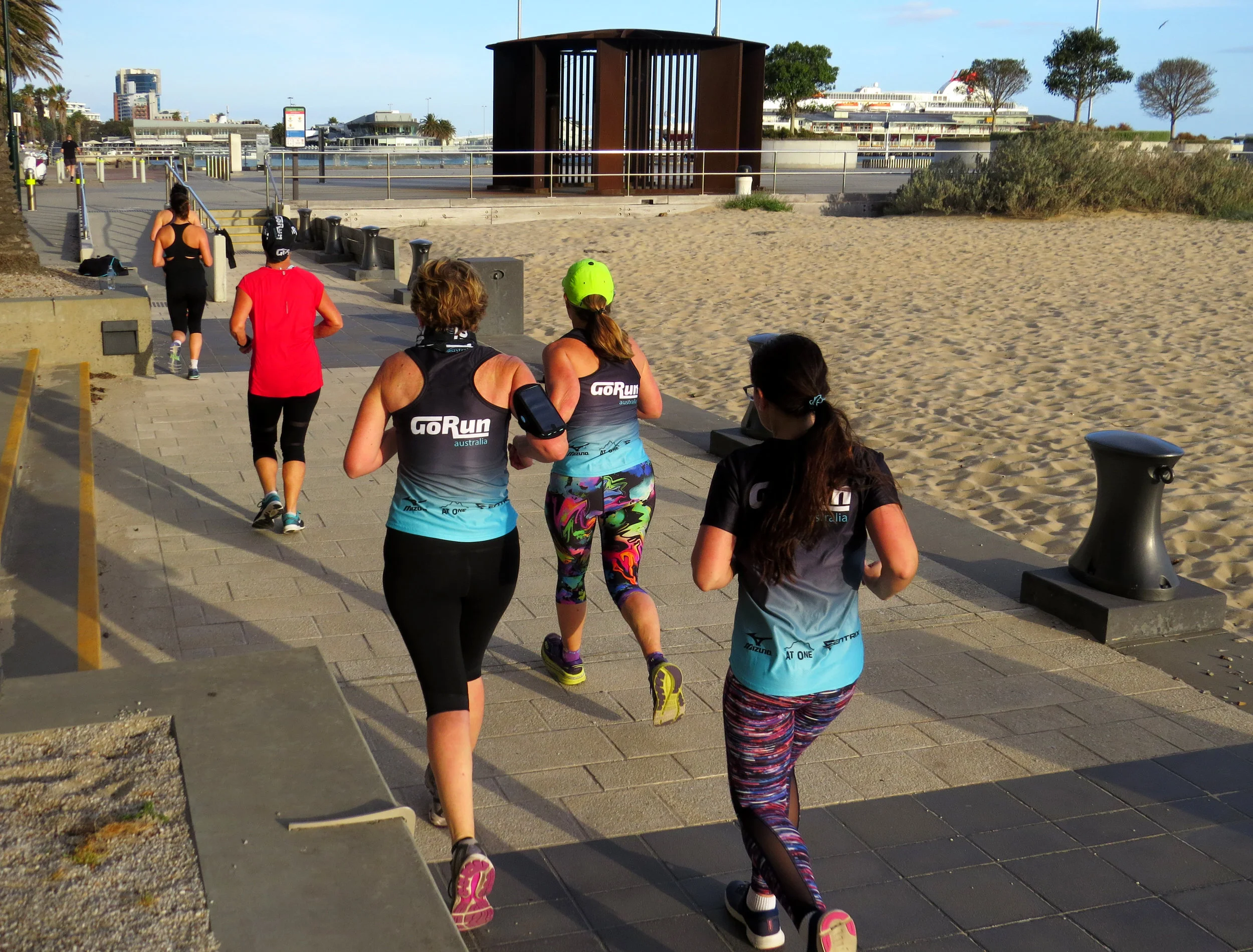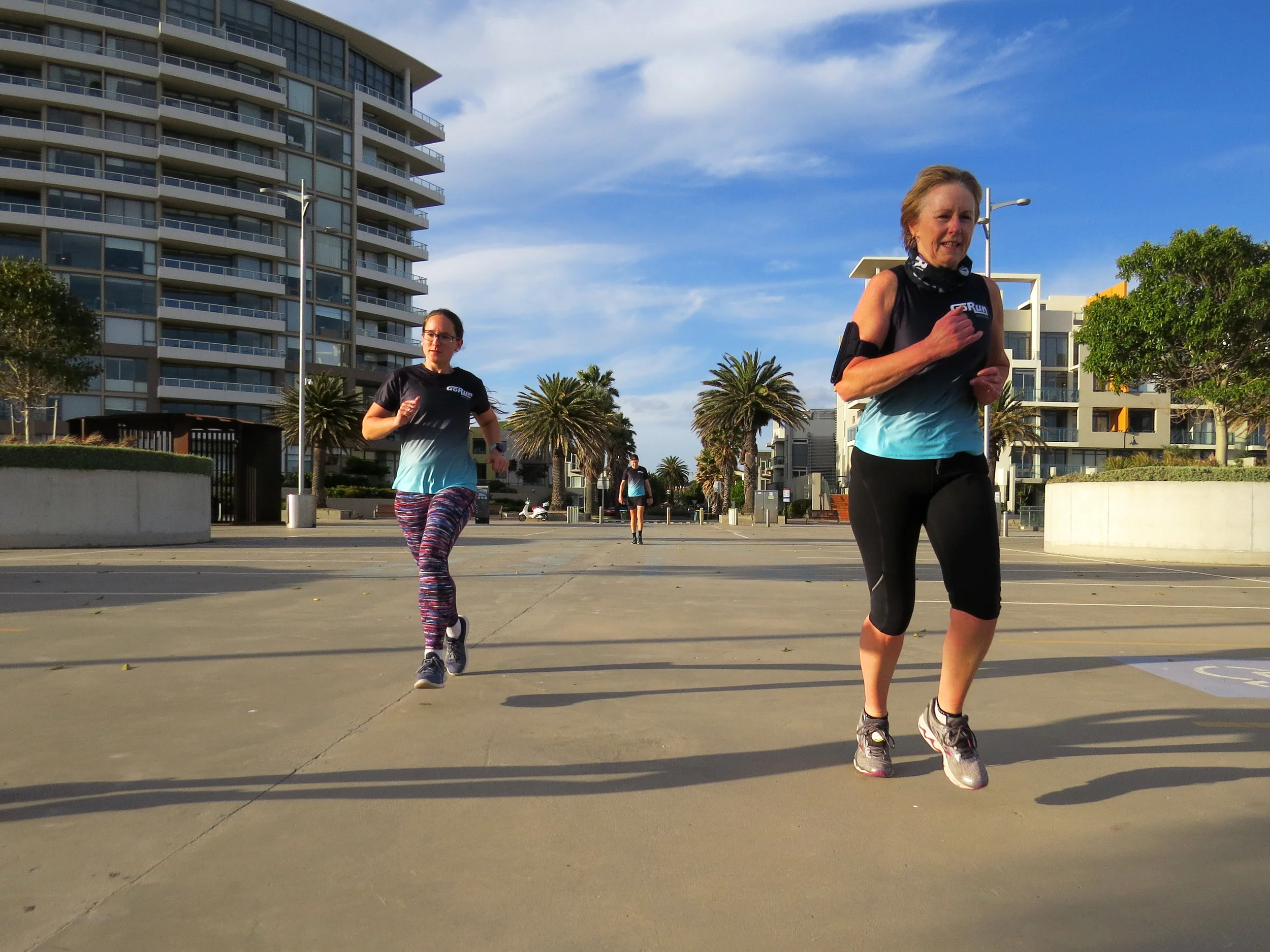Running the Great Wall of China was a pipe dream. I confidently stated this one was top of my wishlist even though I couldn’t really explain why. There were so many amazing runs out there to do, but it was just the one that needed to be my first international race. Forty was looming so why not pencil it in as a birthday present to myself?!
I am fortunate to know a lot of inspiring people, none less so that my dear friend Kelvin who over the course of the last eleven years has completed 34 marathons including on Easter Island, Petra, Bagan Temples, Boston, New York, Tokyo… the list goes on! He was the one who I’d first floated the idea with and if I was going to do the trip it had to be with him.
May 2019 was scheduled to be ‘our year’ for China however in November 2017 my husband Paul and I shared the news with Kelvin that after several rounds of IVF we were pregnant and due in June 2018. He was super happy for us of course and over dinner graciously suggested that maybe 2019 wouldn’t be the year for China and perhaps we postpone it to 2020. 11 months was a relatively quick turnaround to birth a baby and be back running marathon distance after all. Perhaps I could do the half-marathon I suggested, but Paul being Paul said if you are going all the way to China you’d be crazy not to do the full! It didn’t need to be fast , I just needed to do it and conquer those steps so it was the perfect event to aim for! I had his blessing to go, despite the fact that logistically he wouldn’t be able to join us, now all we had to do was have our baby and then make a running come back!















